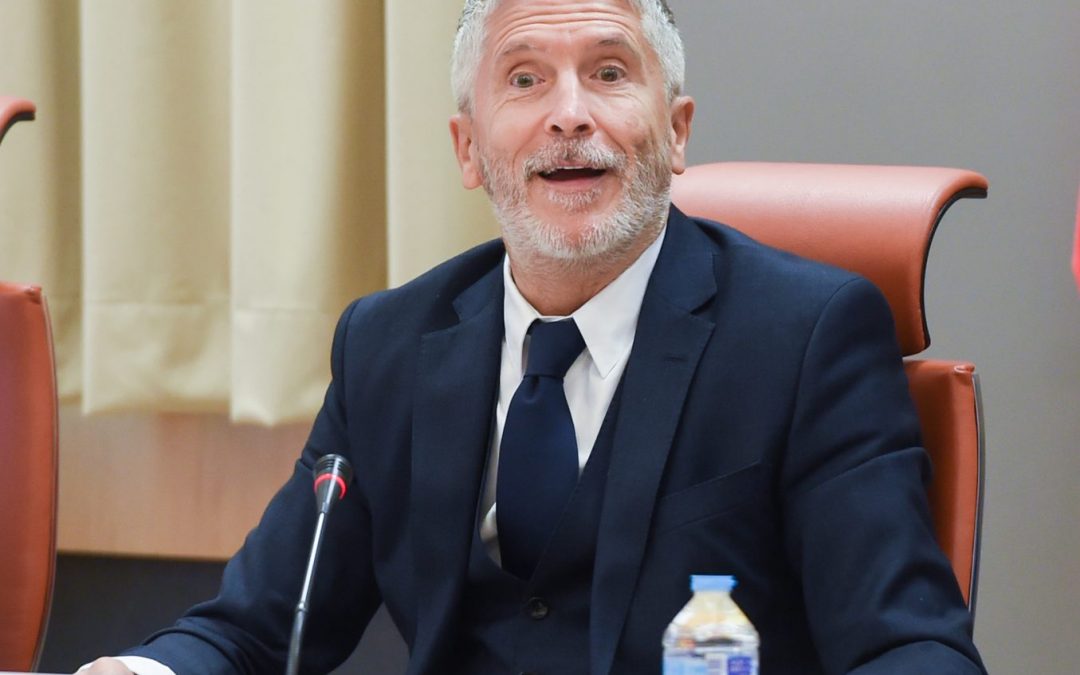The Minister of the Interior, Fernando Grande-Marlaska, stated this Thursday that the European border agency, Frontex, already has officials engaged in “intelligence” work in the Canary Islands to address the arrival of migrants in cayucos, urging that now what they have to do is deploy in African countries such as Mauritania to work on the ground preventively against the mafias.
“We understand that this complement of Frontex would be very effective in the countries of origin and transit, and Frontex has taken up the challenge to conclude the agreements,” said Grande-Marlaska in response to the press after the press conference reviewing the summer road accident rates.
Frontex’s executive director, Hans Leijtens, assured yesterday in the European Parliament that the agency was waiting for the request from the Spanish authorities to reinforce aid in the face of the migratory crisis in the Canary Islands, where he noted that there is a “structural increase” in arrivals.
The Minister, however, emphasized that there already exists “significant coordination” with Frontex for a long time, also in the Canary Islands, where officials of the European agency continuously perform tasks such as taking statements from migrants arriving on the Spanish coasts.
“What we have always defended is that the work carried out by the Guardia Civil and National Police in transit countries can also be performed by Frontex, that they have state agreements with those countries so that they can work directly there in those prevention and fight against irregular immigration tasks,” he stated.
Grande-Marlaska maintained that Spain already has “sufficient and effective means in the Canary Islands to manage irregular immigration and also in transit countries,” referring to African countries such as Mauritania, Senegal, Gambia, Niger, or Mali where police and civil guards are deployed. “This is not only a position of Spain but of EU countries, within the policy of fighting irregular immigration, that Frontex concludes these agreements with third countries to fight irregular immigration on the ground, as the most direct and effective way,” Grande-Marlaska insisted.
 go to the original language article
go to the original language article
